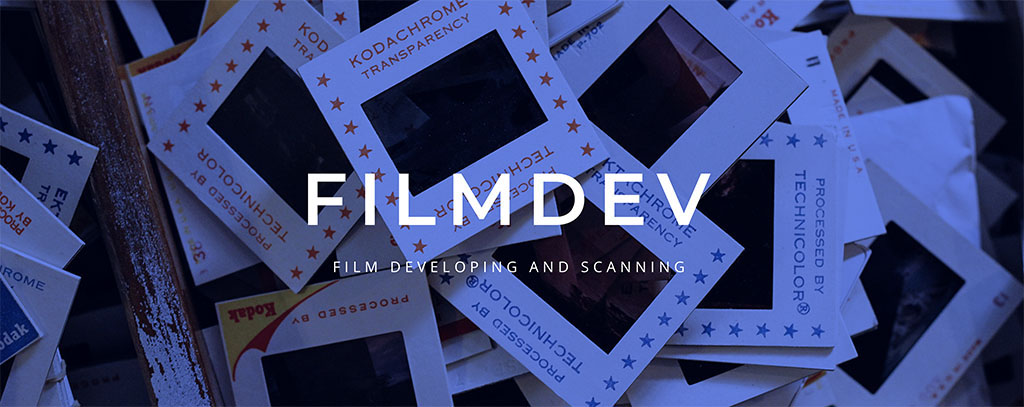35mm SLR camera wise, do you want manual focus or auto focus? That's the first thing to consider. If manual and you've got a budget of £100 to £150 then perhaps have a look at the Canon A1 with 50mm Canon FD lens. It's a quality piece of kit that has the P A S M metering modes that most modern cameras have, plus a good digital LED read out in the viewfinder, which is quicker and easier to use than some vague wavery meter needle, particularly in darker conditions. Watch out for 'Canon cough' which is squeaky sneeze type sound when the shutter is fired, due to dry mirror damper bearings. Also check the light seals where the film door closes, which perish with age (as they do on many 35mm SLRs that use foam rubber type seals). If not already done, a 'Clean, Lubricate and Adjust' (CLA) service to cure the squeak and replace the light seals will probably cost around the £100 mark if using one of our 'tame' camera repairers, but that should hopefully give you a fully working and reliable camera for several years to come.
For an auto focus 35mm SLR then have a look at the Canon EOS 30. £40 to £80 should get you a fully working body in good condition, or a good one with a zoom lens (and perhaps the original box) will probably cost around the £100 mark, + or - £20 or so. The EOS 30 will work with full functionality (including Image Stabilisation) with all genuine Canon EF lenses (not EF-S crop sensor ones). This is really handy if you have a Canon EOS DSLR and some EF lenses already, as the lenses can be shared between bodies.
Be aware that with the Nikon 35mm SLR camera system full functionality may not be available between certain lenses and bodies, and it's a bit complicated to work out which will work with what and to what extent.
As for film processing, it's taken a bit longer at times this year and I believe Royal Mail are currently experiencing delivery delays due to staff shortages, but apart from that I've found no difference using AG Photolab, who have worked right through the pandemic. The 'nightmare' has come from not being able to get out and about with my film cameras this year, as so many outdoor events were cancelled.
The other bad news is that lockdown has caused people to take up new hobbies... such as film photography, and this has driven up the price of a lot of the more 'desirable' cameras. Hence my two suggestions above, as these two cameras seem to be somewhat overlooked, so still give some good 'bang for buck', although their prices have still crept up a bit.
The only other advice is to check that the battery a camera uses is still available. Mercury type batteries were banned years ago due to their toxicity, and direct equivalents that will give the same voltage and power discharge characteristics can be hard to find. Using 'near' equivalents can result in inaccurate metering on quite a few cameras, so bear this in mind. There are ways round this, but as usual, this often comes at an additional cost. Both the Canon cameras I mentioned above use batteries that are still readily available (Amazon, eBay, etc).
Hope the above is useful and best of luck choosing what's right for you.




